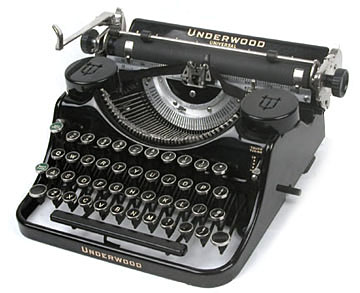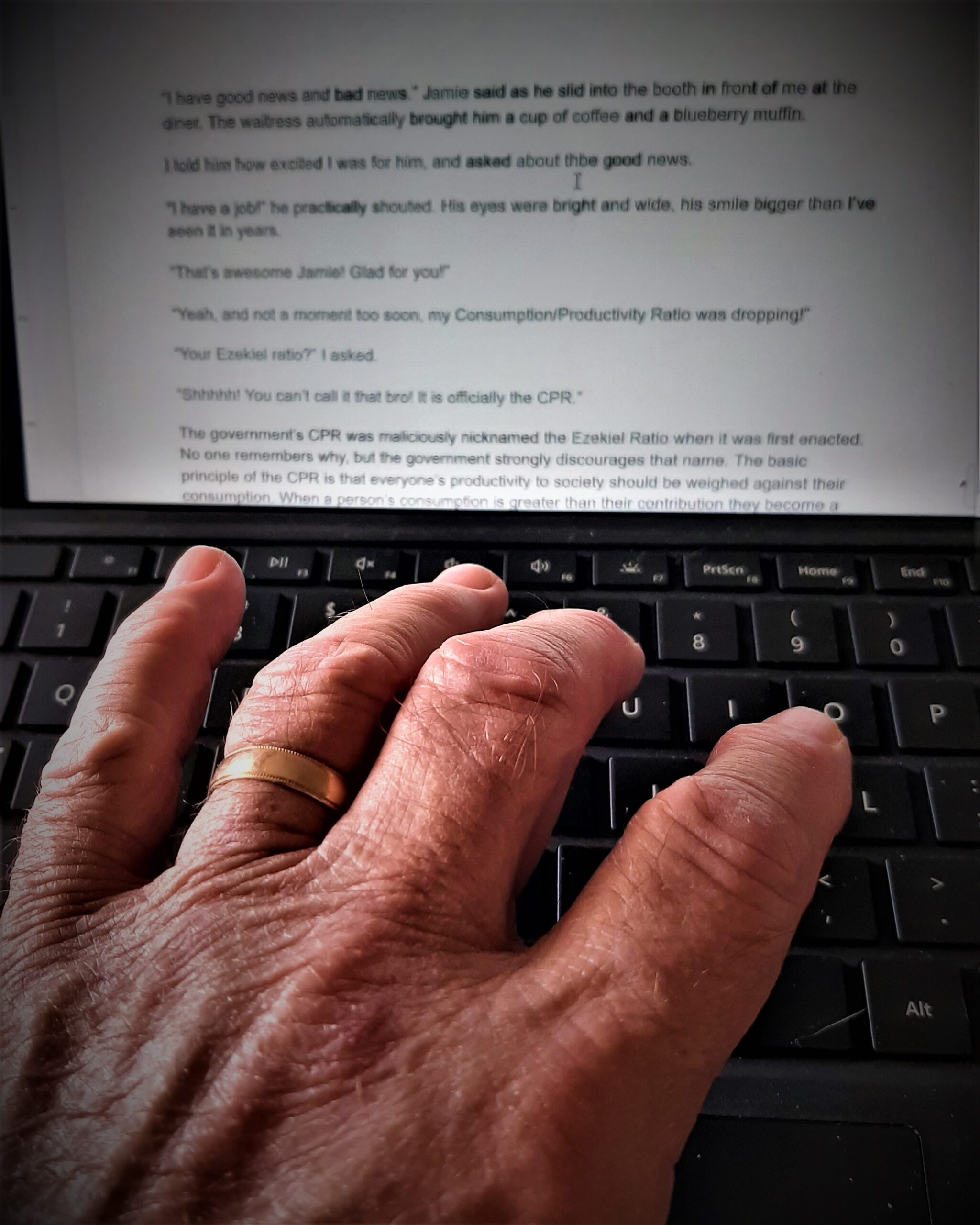Good luck. I have not found one yet. A Google search will bring up dozens of websites that rate laptops, but all of them are making money off your clicks. Few of them even attempt to answer the question. They rate laptops on speed, hard drive access, software, CPU speed and screen brightness. Most anything they recommend have links they earn money off of, and the laptops can pretty much do everything from type a letter to launch a rocket to the moons of Jupiter.
Not what I want.
I’m a desktop guy, because I have more freedom in keyboard selection and other items. But often a writer needs to be outside, in a park, at the beach, in the mountains or a crowded cafe. We sometimes need external stimulus to light our creativity. I tried hauling my desktop and 22 inch monitor to a coffee shop but there weren’t enough electrical outlets for my setup. And the baristas kept tripping over my cables.
For me, what I need in a laptop for writers is the following:
- A very comfortable keyboard. Large enough, the setup sensible, the touch of the keys just right, and no extra number keypad. I rarely run excel routines when writing a poem or short fiction, so I don’t need that. The keyboard has to feel good. For typing.
- Enough power to run Word or similar office writing software.
That’s it. I don’t need a 15 GB solid state drive. I don’t need 32 GB of memory. I don’t need a $1,600 state of the art motherboard.
The key is indeed the keyboard. And since laptops today are designed to be used by writers, lawyers, astronauts, senators, business people, military intelligence officers and whatnot, laptops are designed to do EVERYTHING. And their keyboard is designed that way too.
I would love to find a simple basic laptop with a great keyboard for writers. Not gonna do math. Not gonna mail merge a thousand forms. Not gonna do photo processing or art. I just want to write. Keyboard is the key for me.
Yes, I can hook up a separate keyboard, but that sort of defeats the goal of having a light and easy to carry laptop. Don’t want to have to drag accessories about.
I’ll keep looking. If you have one you like, leave a comment and I’ll check it out.





